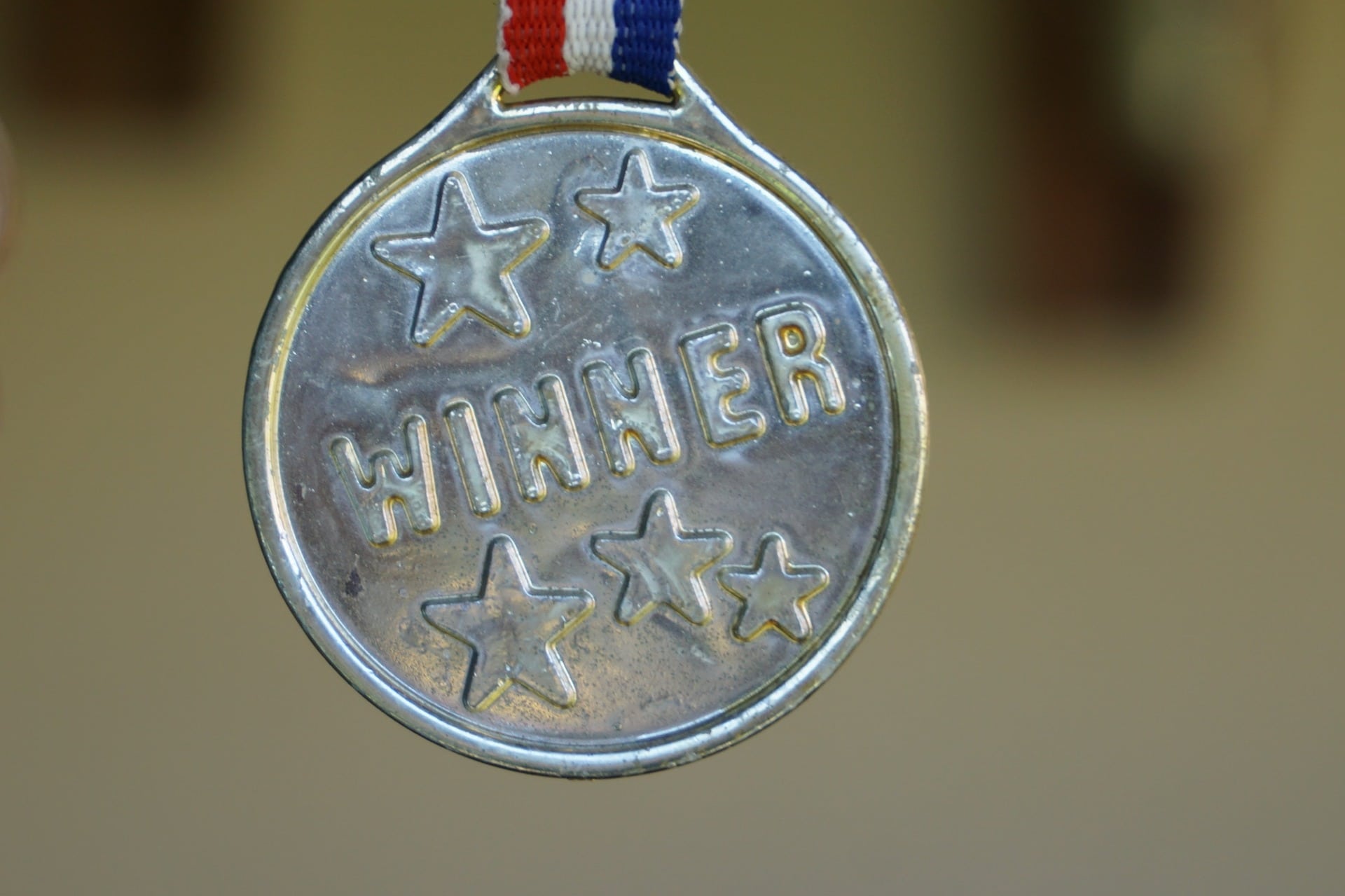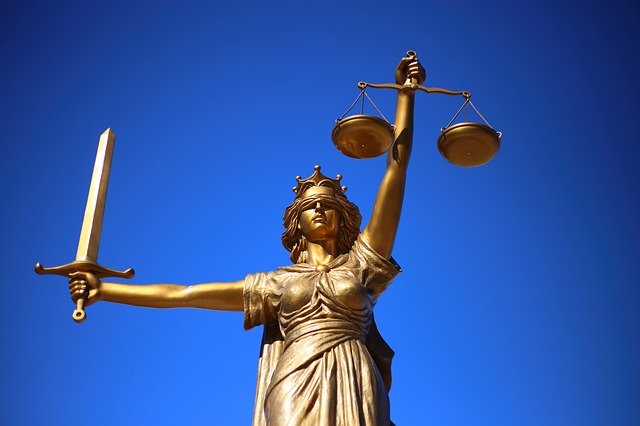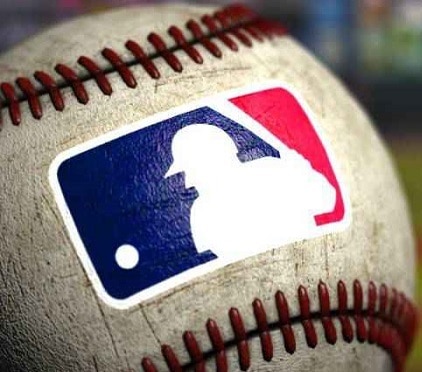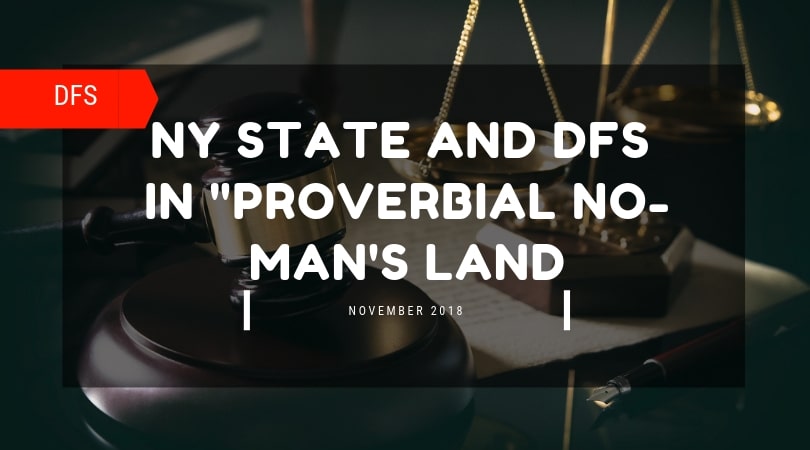Trump Attack on the Entire Native American Community
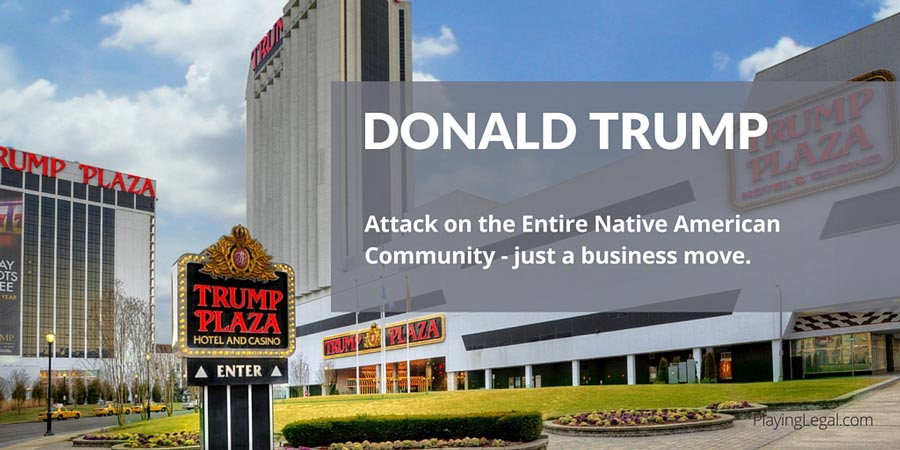
An advertisement campaign that was seen all around the state of New York, around the end of the millennium, defaming the Mohawk Indians from St Regis Reservation, turned out to be nothing more than a nasty ploy by a business rival to cut competition out for his casino empire – it was the one and only Donald Trump.
St. Regis Mohawks
The St. Regis Mohawks are a federally recognised tribe from the St Regis Reservation, which is mainly located in Franklin County, New York. While a larger portion of the territory is on US land, their settlement transcends the international border between USA and Canada; the residents consider themselves to be one community and under the 1974 treaty, have the rights of free movement across the border. After a bit of internal strife, the reservation decided to adopt gambling as a source of income in the 1980s.
The Akwesasne Mohawk Casino (AMC) is a casino resort, which has 140,000 square feet of gaming area; with more than 1,800 slot machines and 30 table games, including blackjack, poker, bingo and many more. The venue also offers a 150 room hotel alongside a spa, a lounge and several eateries.
Around 1999, when the Mohawk’s leaders were looking to open their second casino in New York State, local media became littered with advertisement claiming that the Indians were was the breeding ground for deep seated criminal activity. New York residents were warned against the tribe and cautioned against patronising their gaming establishments; one advertisement even said, “Indian casino gambling stinks! It brings increased crime, bankruptcy, broken homes, divorce and, in the case of Indian gambling, violence.”
At first, the anti-gambling group, the New York Institute for Law and Society, were alleged for the spread of the hateful anti-Indian messages but further investigations by State Regulators revealed that it was the handy work of 2016 Presidential candidate, Donald Trump, who had a lot to lose from the expanding Indian casino business in New York.
David Grandeau, who was the Executive Director of the Temporary State Commission on Lobbying in New York at the time, said “Mr Trump had control over the content of the advertisements and when you control the message content and the message delivery in a lobbying advertisement in New York state, you are responsible to file a registration statement.”
In response, New York officials decided that Trump and his associate, Roger Stone, had violated the New York lobbying laws by commissioning those messages; they were fined $250,000in in civil penalties, including $50,000, which was paid to run advertisements in the local media, apologising to anyone who may have been deceived by the original messages. Conservative activist, Stone and Trump agreed to settle the penalties in 2000 without admitting any guilt.
Government Policies
The public outside of the New York area did not get wind of the campaign Trump ran against the Native Americans at the end of the millennium; however, in hindsight the nature of that campaign could have provided the wider public with an insight into the presidential campaign Trump is running now. Just like how he has been branding all Mexican immigrants as ‘rapists’ and accusing all Muslim Americans of celebrating terrorist attacks, like those of September 11th, he used a broad brush to paint the nature of all Native Americans in a negative colour.
The Indian Gaming Regulatory Act, which was enacted by the United States Congress on the 17th of October 1988, allows hundreds of federally recognised Native American tribes to conduct gambling services on their Lands. This unearthed the potential for the tribes to erect casinos adjacent to existing private ones, taking a cut from their businesses, as well as in several other locations that would prove much more convenient for patrons, giving rise to the trend of “convenience gambling”
The increase in these gambling venues caused a massive change in the landscape of gambling in the USA; the Native American tribes began to offer a growing number of venues across the country, their revenues were reported at $28.5bn in 2014, and as a means to combat this pressure from the growing competition, the non-tribal governments started rewriting their state laws to encourage more private gaming operations and larger tax revenues.
Trump’s main goal behind defiling the name of the Mohawk people was to protect the interests of the three casinos he owned in Atlantic City, New Jersey. The strategy failed to produce commercial results and as a consequence of the even wider expansions of gambling, his Atlantic City empire fell into decline and he had to backtrack from the gambling business for a while.
Trump has been able to use his experience in his political endeavours; he has been able to use this ‘unfair’ ordeal to influence the thinking of like-minded government officials. He has spoken on more than one occasion, of the 2016 campaign, about how he suffered at the hands of the Native American and their powers of self-government under the US constitution.
Richard McGowan, a professor of finance at Boston College’s Carroll School of Management, who is well published in the areas of the history of the gaming industry, said, “Donald Trump always wanted the government to protect him and I don’t think he ever banked on competition.”
Mr. Trump, however, never really speaks of the government policies that him and his family have massively benefitted from; one example of such a benefit would be the President Franklin Roosevelt’s, post-World War II lending schemes, which were offered to homebuilders by the Federal Housing Administration, which allowed homebuilders, who had the right connections, to gain mortgage financing that was far in in excess of their construction needs; and they could use the excess of the money for any other purpose they saw fit. Fred Trump, who was a beneficiary of this scheme, was able to amass a fortune over his lifetime and leave his son, Donald Trump, an inheritance of $300 million when he died.
The second time, of many, when Trump gained from government policies would be in 1970, when he used his father’s political contacts to secure a 40-year tax abatement for his project to transform the derelict Commodore Hotel into a Grand Hyatt.
Decline of the Atlantic City Gambling Empire
The Indian Gaming Regulatory Act was signed into law at the most unfavourable of times for Trump, who had invested a lot of money into country’s gambling epicentre of the time. As the 1990s rolled in, so did billions of dollars of debt for Trump and in 1991, his biggest casino enterprise, Trump Taj Mahal filed for bankruptcy protection, the first of four times his companies would need reorganisation under Chapter 11 of the bankruptcy code.
Trump decided to sell his airline, his luxury yacht and the New York Plaza in order to salvage his gambling assets in Atlantic City. By the mid-1990s he had rebuilt his image as a successful businessman but his reign as the gambling superstar came to an end later too.
With growing competition in the field of gambling came the fall of the great Trump empire. In 1992, Foxwood’s Casino and Resort was constructed on the Mashantucket Pequot Tribal land in Connecticut, by the Genting Group; followed by the construction of the Mohegun Sun, in 1996, the second major casino for the state. Trump could not counter the pull of the new venues in any shape or form and succumbed to the tendency of the patrons visiting the most convenient facility. Trumps biggest asses, the Taj Mahal, was also repossessed by creditors in the 1990s and is now owned and operated by the founder of Icahn Enterprises, Carl Icahn himself.
David Schwartz, the director of the Centre for Gaming Research at the University of Nevada Las Vegas, said, “Atlantic City made a lot of money in the 1980s, being the only game in town, but when you had more convenient places open up, Atlantic City ran into trouble.”
Fighting Back the Trump Way
During the 1990s, Trump tried to defeat his competition the best way he knows how, by disparaging his opponents! In 1993, when the politically incorrect host, asked Trump to divulge his opinions of the “drunken Injuns” looking to open casinos in New Jersey, on the Don Imus radio show, Trump responded with ignorant and insulting remarks and said, “I think I might have more Indian blood than a lot of the so-called Indians that are trying to open up the reservations.”
Later in 1993, when Trump appeared before a US House of Representatives sub-committee that was looking into the state of Indian gaming, he put aside his prepared speech and slated anybody who claimed the Indian gaming venture was progressing well. He also criticised the US justice department official, who had said that the “belief held by some that Indian gaming operations are rife with serious criminality is not established by the data currently available”.
Trump also claimed that the Indian tribes could not possess the security facilitates required to deter gangs from getting involved and he could not visualise “some Indian Chief” turning away powerful gangsters from their properties. Trump further accused the Indian Reservations of being “rampant” with organised crime and warned George Miller, the chairman of the panel that he was going to be “very embarrassed” by the consequences of the growth of the Indian casinos industry.
Miller responded by saying, “In my 19 years on this committee, I don’t know when I have heard more irresponsible testimony; you have cast upon the Indian nations of this country a blanket indictment.”
He followed that up with his 1999 scandal against the St Regis Mohawks, when he argued that the Mohawks were a heavily armed mob and should be viewed with suspicion by the residents and officials of New York. No comments were issued by his presidential campaign team regarding this ugly episode.
If you can’t beat them, join them. With Trump unable to shake the growth of Indian casinos, he partnered up with the Eastern Pequots, who were hoping to open a casino in Connecticut. The tribe failed to gain federal recognition and their relation with Donald trump unravelled.
However, Trump managed to strike a five-year deal with the 29 Palms Band of Mission Indians in Coachella, California, in 2002, to manage their casino; however, with two years still remaining on the contract, the tribal government paid him $6 million to take back control of their casino.
Looking at all this information, begs the question of how fit is the presidential candidate, who is currently worth $4.5 Billion, is to run his own business, let alone the whole country.



